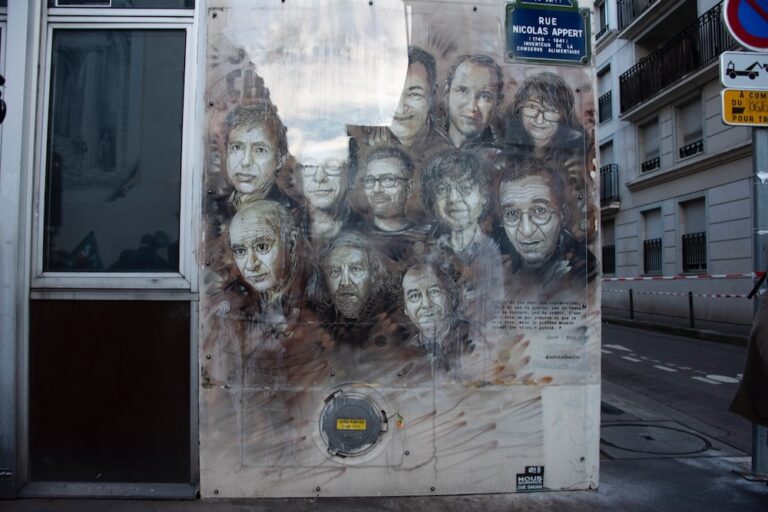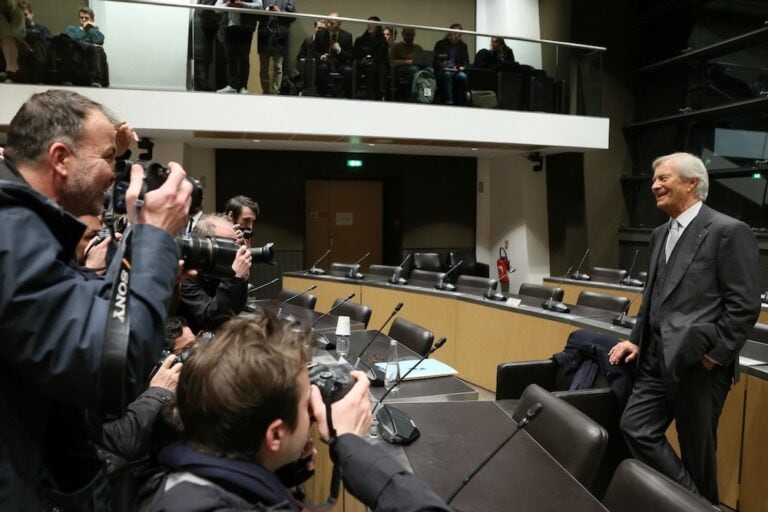RSF hails the Constitutional Council's decision on 10 June 2009 to reject a key provision of a new law that would have enabled authorities to disconnect Internet access of those involved in the illegal downloading of music and films.
(RSF/IFEX) – Reporters Without Borders hails the Constitutional Council’s decision on 10 June 2009 to reject a key provision of a new law that would have enabled the authorities, without referring to a judge, to disconnect the Internet access of those involved in the illegal downloading of music and films.
Under the new law, this power would have been assigned to a specially-created agency called the “High Authority for the Dissemination of Creative Works and Protection of Rights on the Internet” (HADOPI).
“The Constitutional Council has ensured that the Internet is not subject to administrative censorship,” Reporters Without Borders said. “Blocking part of the Internet meant denying certain information to Internet users but, above all, this law made it possible to restrict Internet access without turning to a judge. Thanks to this decision, freedom of communication and expression is guaranteed and Internet access is regarded as a fundamental right in France.”
The Constitutional Council ruling said: “Freedom of communication and expression, proclaimed in article 11 of the 1789 Declaration of Human Rights and the Rights of the Citizen (. . .) implies today, considering the development of the Internet and its importance for participation in democratic life and the expression of ideas and opinions, the online public’s freedom to access these communication services.”
The ruling added: “Articles 5 and 11 of this law conferred punitive powers on HADOPI’s copyright protection commission enabling it to restrict or block the ability of Internet account holders to access the Internet (. . .) These powers can only be conferred on a judge.”
After being examined by the senate in October 2008, the HADOPI bill was submitted to the national assembly by culture minister Christine Albanel on 18 February. Socialist Party deputies asked the Constitutional Council to rule on its constitutionality on 19 May.
Albanel said that those parts of the law that were not affected by the 10 June decision would still go into effect and that warning messages would begin to be sent out to Internet account subscribers as scheduled in the autumn. Meanwhile, the law would be amended, she added.


